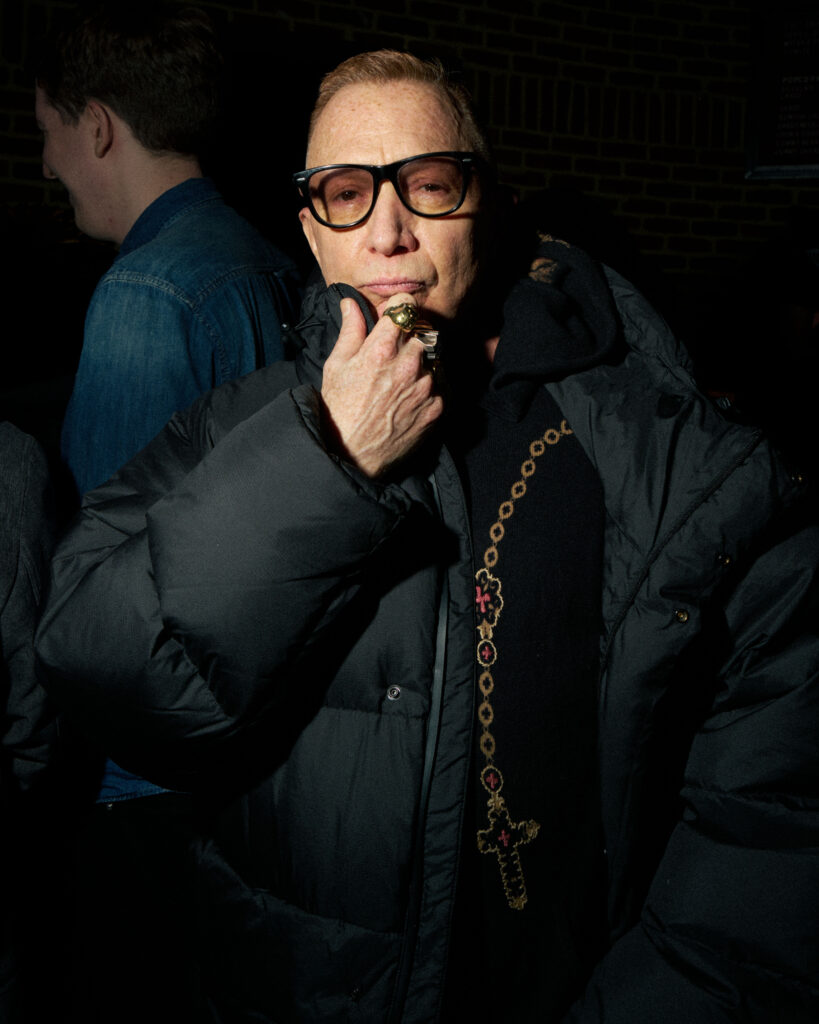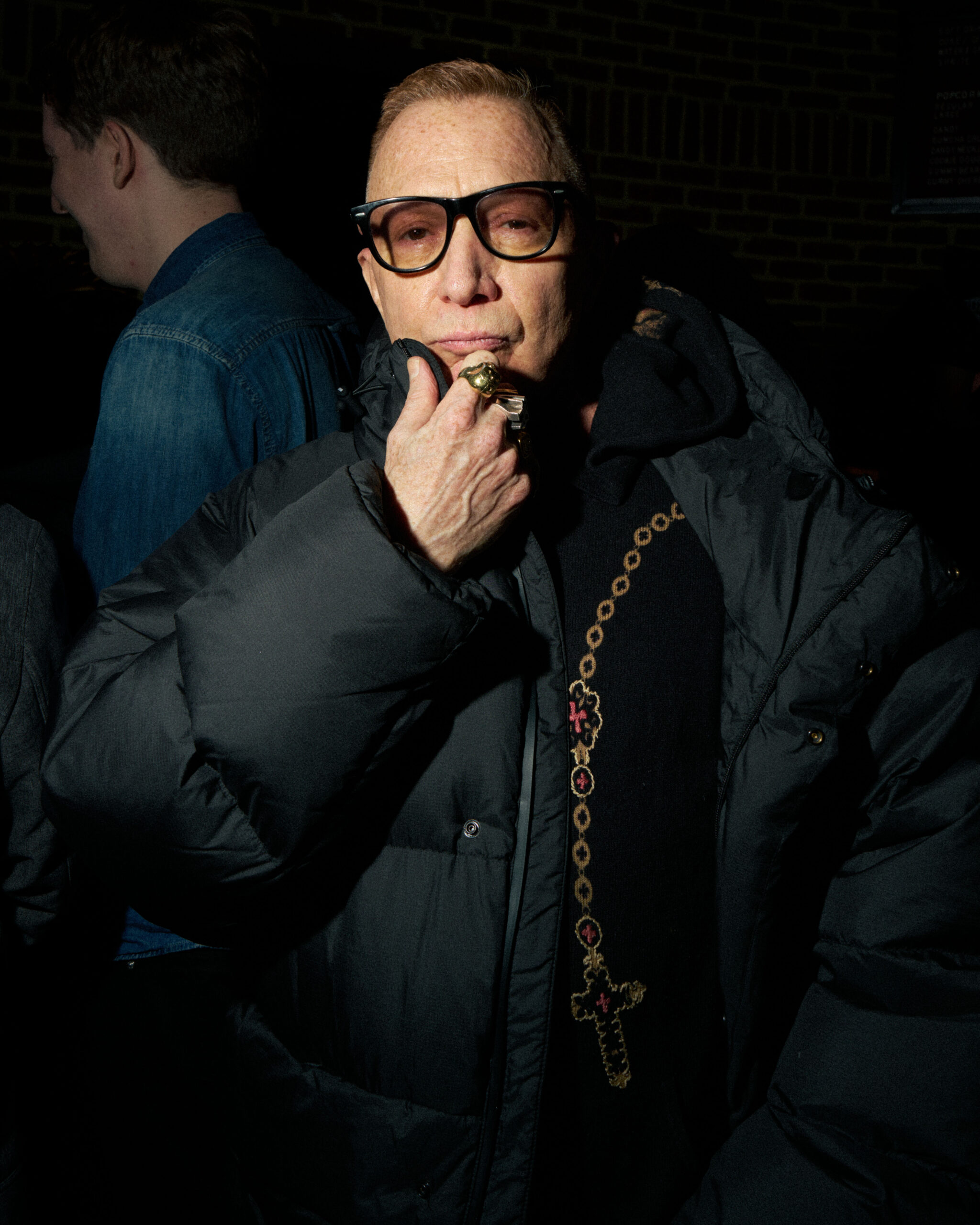Last Saturday, the cool kids descended into the velvet-clad underground of Roxy Cinema for Night Tide Films’ screening of Ciao! Manhattan — a cult relic from Andy Warhol’s Factory era. The storied theater, long a haven for downtown creatives to gather, set the stage for a night of revelry. Hosted in collaboration with Utopia Movies’ nicher arm, Circle Collective — the force behind indie gems like Rachel Sennott’s breakout film Shiva Baby — the night drew a crowd as eclectic as you’d expect. A mix of old-school cinephiles, scenesters, and art school students filled the room, their energy buzzing even as the lights dimmed.
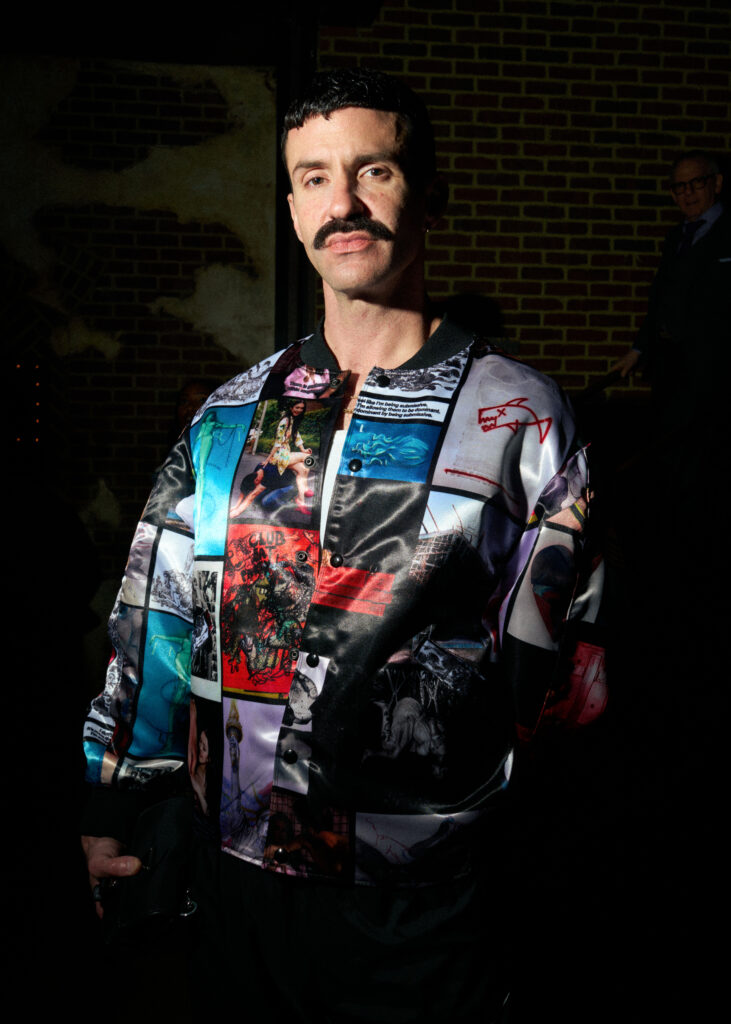
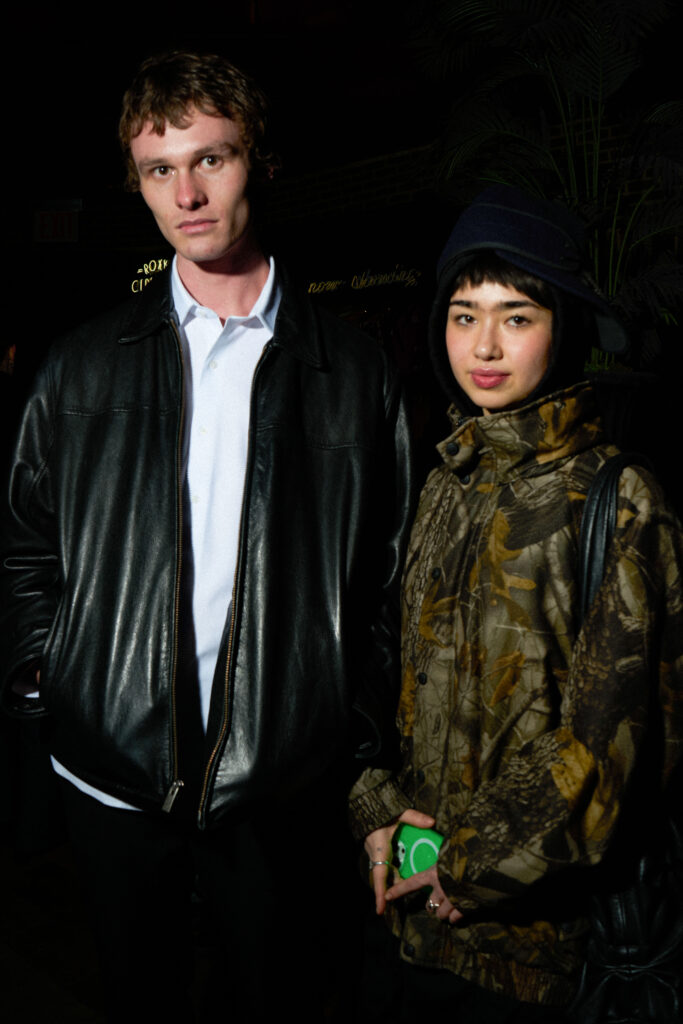
“I’m gonna be honest — I don’t like this movie,” deadpanned underground filmmaker and veritable Factory aficionado Bruce LaBruce during his introduction, sending a splattering of shocked laughter through the audience. His take was clear: Ciao! Manhattan wasn’t just another Warhol-adjacent fever dream film — it was exploitative. The room’s collective cool faded, velvet crushing as they uncomfortably shifted in their seats. When the Roxy’s luxurious curtains finally parted to reveal the glow of the 35mm screen, the once carefree crowd sank back into their seats, bracing for impact.
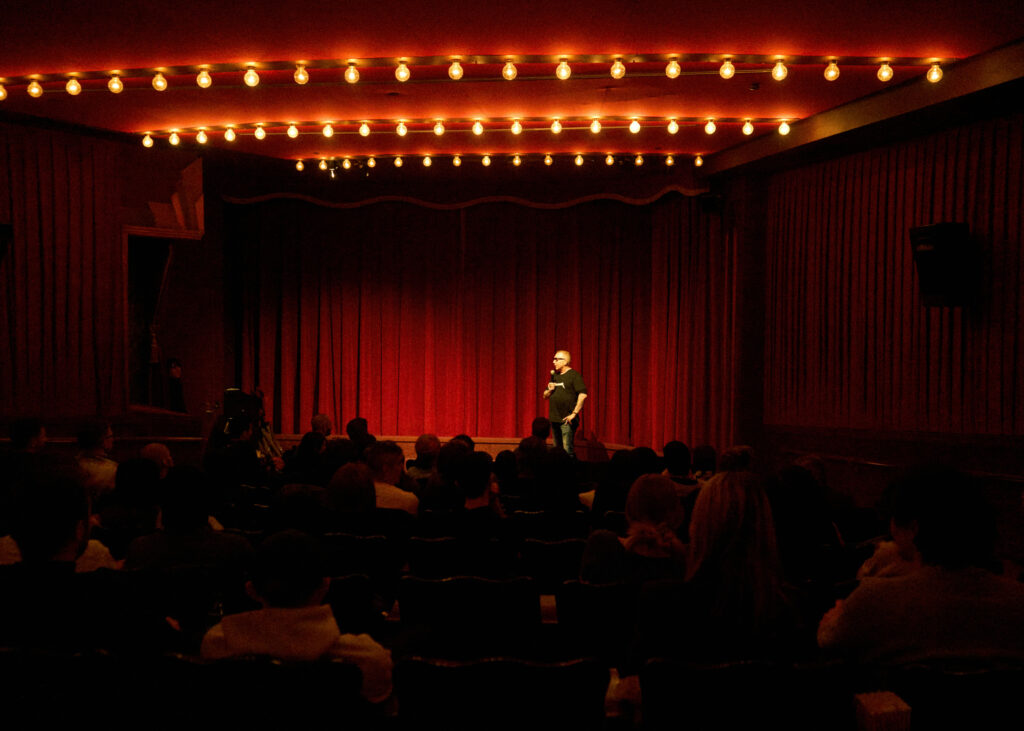
Originally conceptualized as a quasi-cinéma-vérité of the ‘60s underground art scene, Ciao! Manhattan follows Warhol Factory superstar Edie Sedgwick in the aftermath of her stardom, holding an eerily close magnifying glass to her delirium, drug abuse, and untimely death. Voyeuristic and disturbingly intimate, the film reads like a prolonged obituary, exposing what LaBruce called “the dirty, seedy underbelly of the entertainment industry, of this dream Factory we uphold.” By the time the credits rolled, the theater sat in silence, the weight of Edie Sedgwick’s tragic fate hitting them like a bad hangover.
But then again, this wasn’t a crowd looking for easy viewing. A perk of hosting experimental film screenings in an industry cluttered with clichés is that it attracts a crowd ready to be shocked, provoked, and to unpack it all over a round of extra-dirty martinis. “The Roxy has always been a space for films that are more cutting edge and boundary pushing,” noted Violette Trotter, co-producer of the evening’s screening. “This series is meant to serve as a sort of social for all these different departments of the cultural scene, ” adds co-producer Alyson Cox.
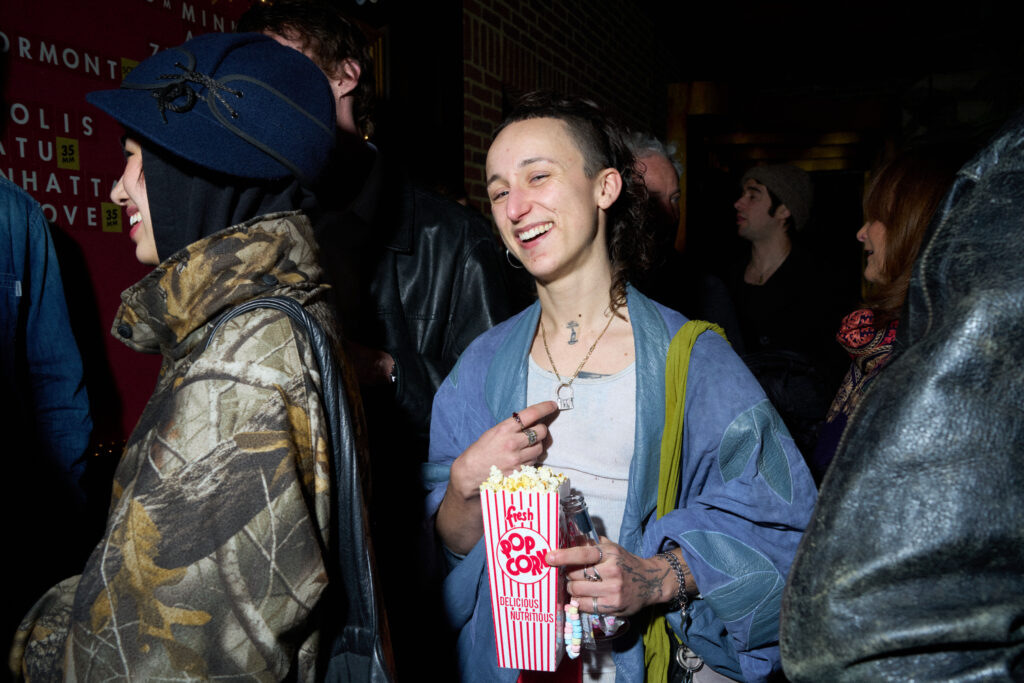
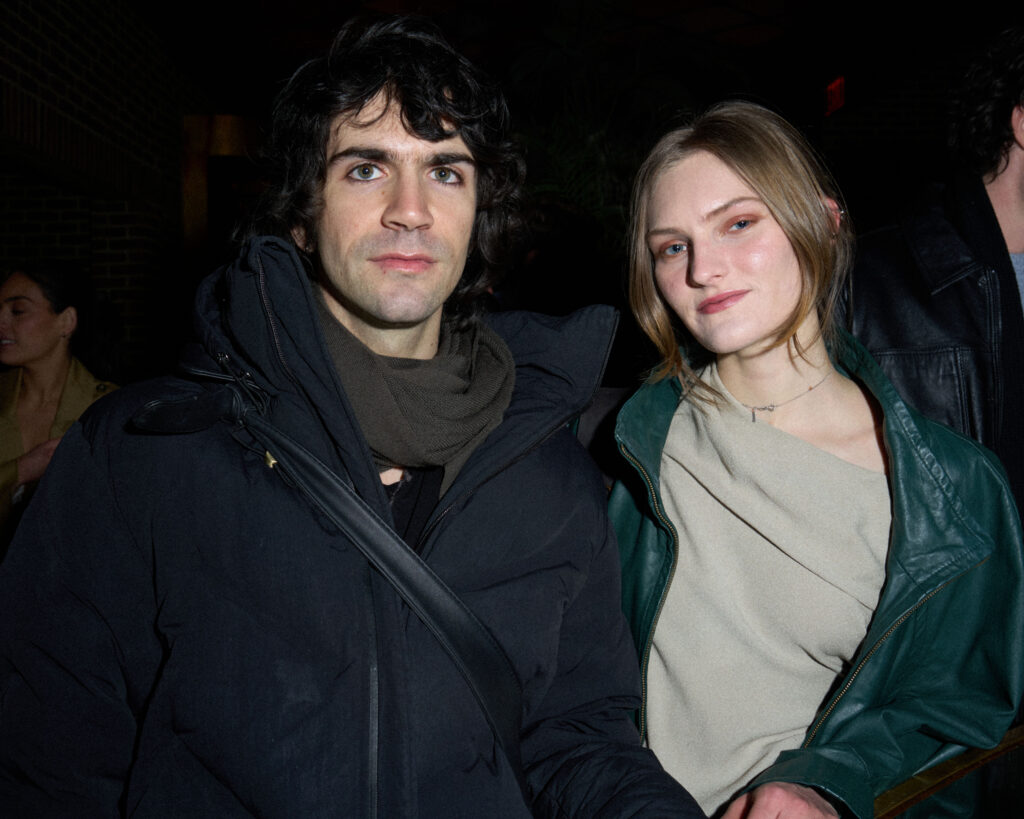
As moviegoers shuffled into the lobby, the quiet of the screening was immediately replaced with the symphonious buzz of conversation. Friends circled up and couples paired off, drawing comparisons between Warhol’s ‘60s and the contemporary downtown art scene. “I can’t help but notice that both generations share an overwhelming sense of depression and need to escape from that depression through art,” observed editor Matt Wille.
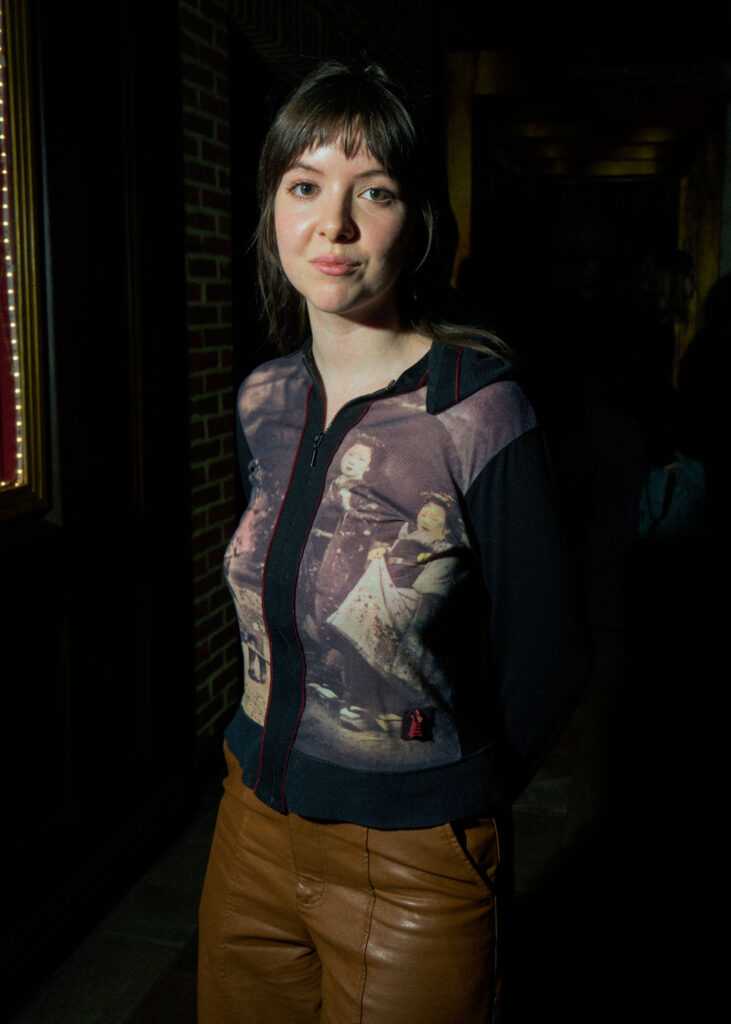
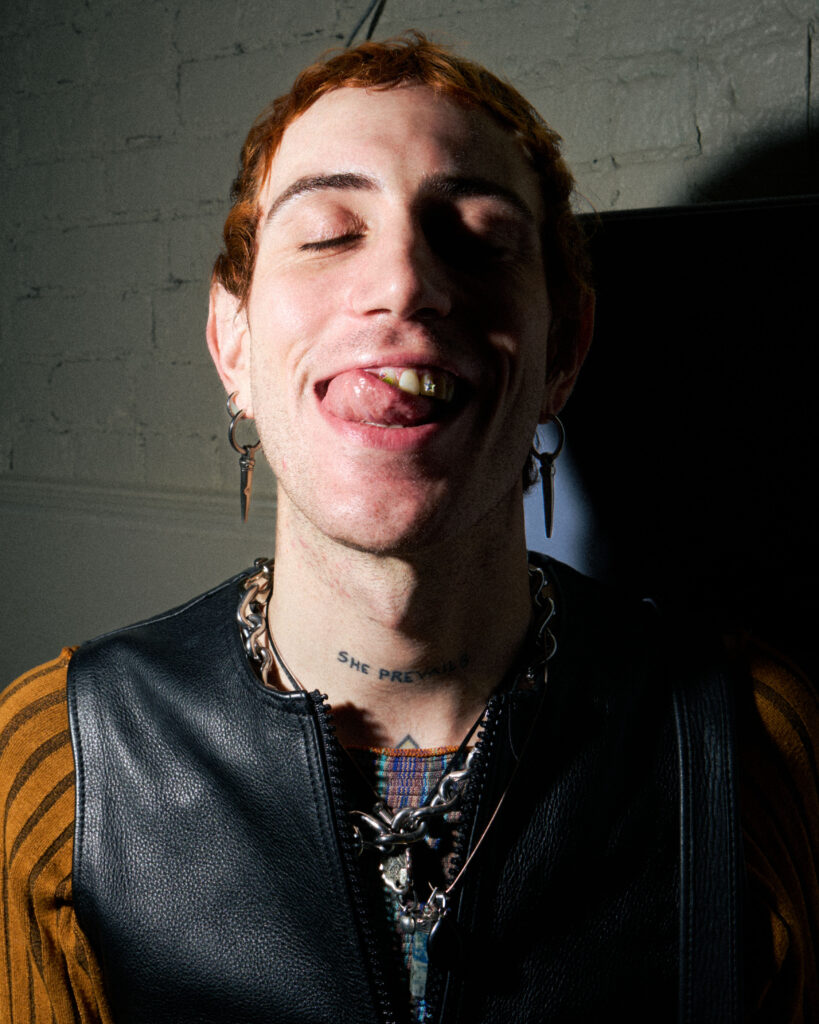
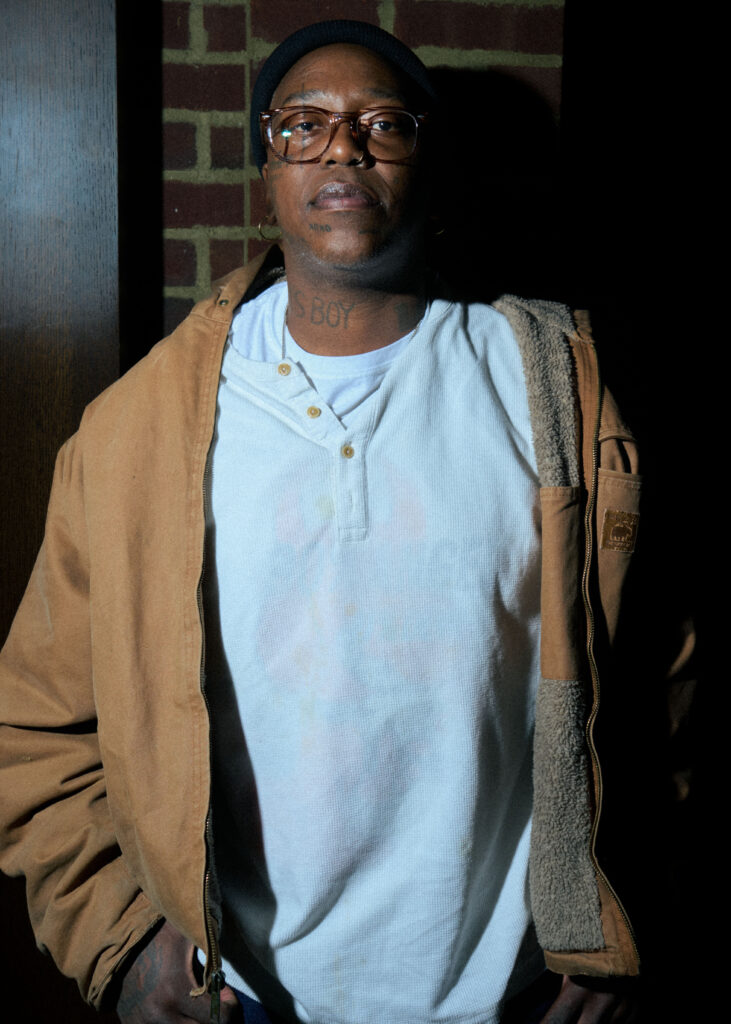
After all, the cycles are the same. Then, as now, young creatives searching for meaning turn to art and nightlife — and those in power continue to exploit their hunger and reckless hope. Ultimately, Ciao! Manhattan is both archival and prophetic: Edie Sedgwick’s story may have ended, but the script keeps being rewritten with new it-girls, new men behind the camera, new “dream factories” promising fame and delivering disillusionment. Only today, our myth-making machines are fueled by algorithms and influencers. Model Nora Walid put it perfectly: “We’re living the same feelings, just with different drugs.”
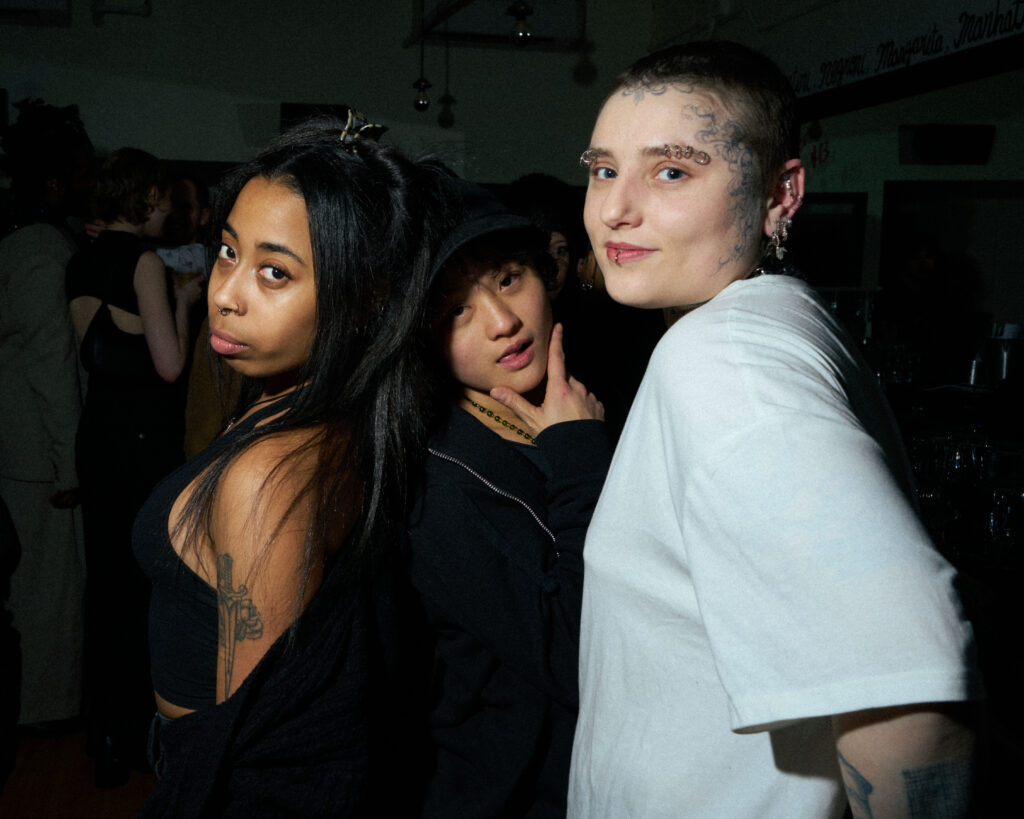
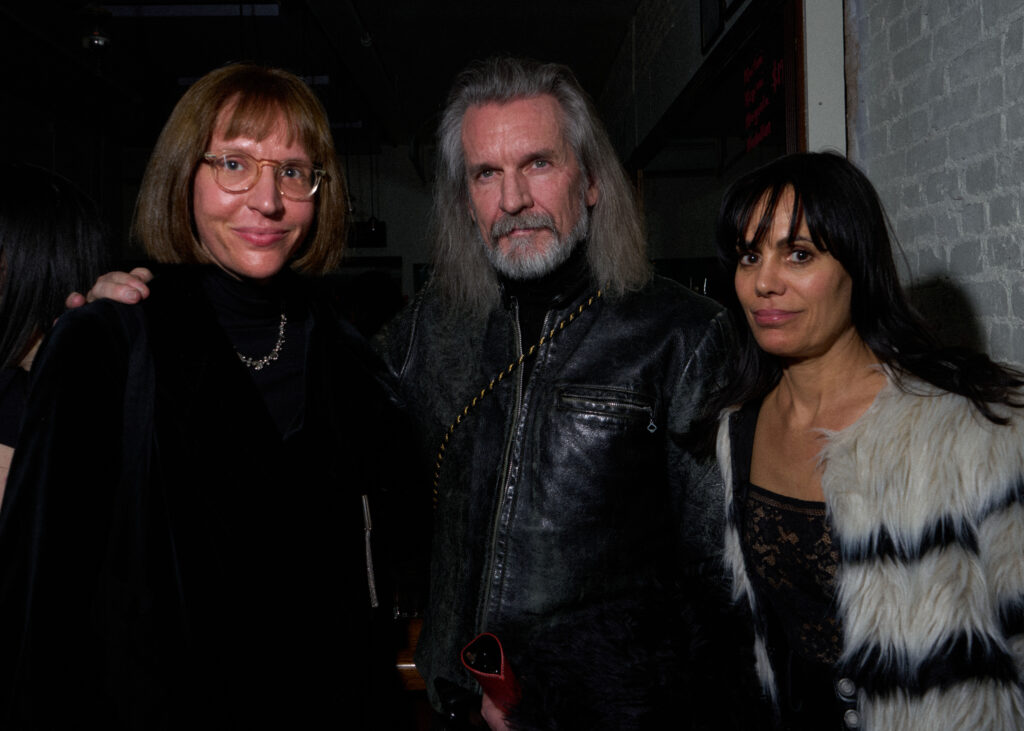
The evening’s parallelism didn’t stop there. As attendees hopped into Ubers to the after party, the night took on a life of its own, morphing into something between a contemporary salon and living, breathing exhibition. After the screening, guests left the Roxy’s cinematic glamour for Nightclub 101’s storied edge. Situated in the now closed Pyramid Club, an iconic indie haunt frequented by the likes of Warhol, Madonna, and Basquiat, there was no venue more fitting for an evening steeped in underground lore. And with Nightclub 101 helmed by Billy Jones and Tom Moore, the brains behind Baby’s All Right, the night felt like a beautifully blurry bridge between the downtown of the ‘60s and the downtown of now.
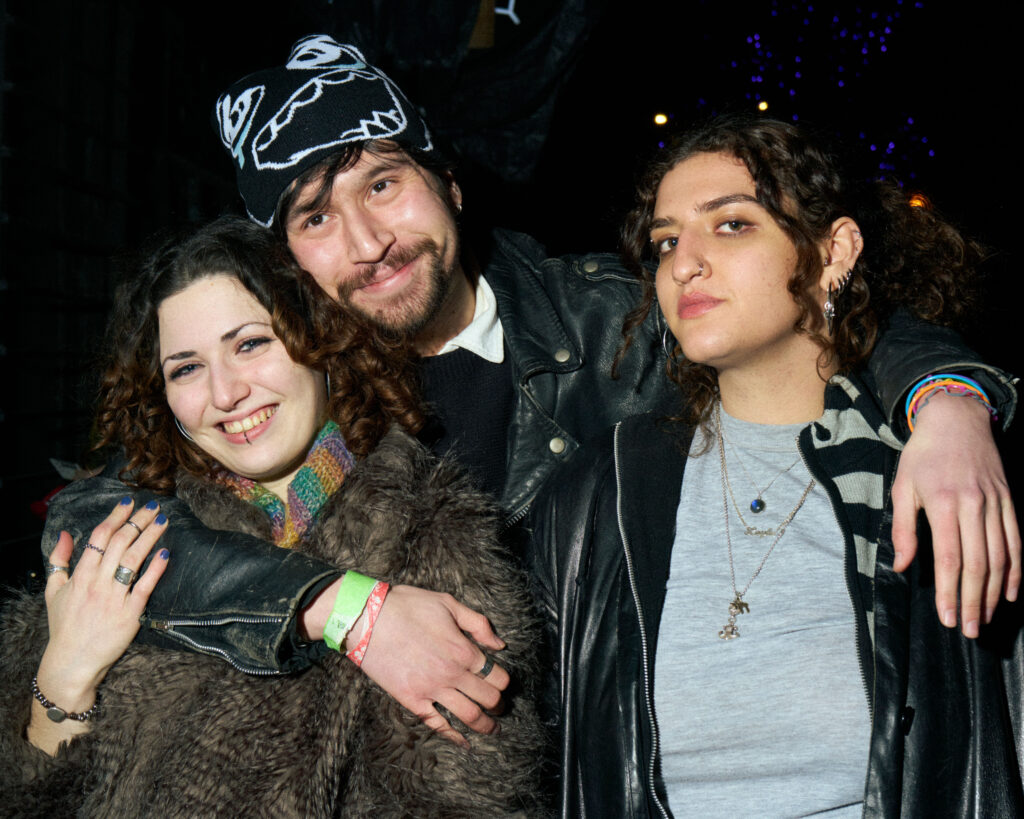
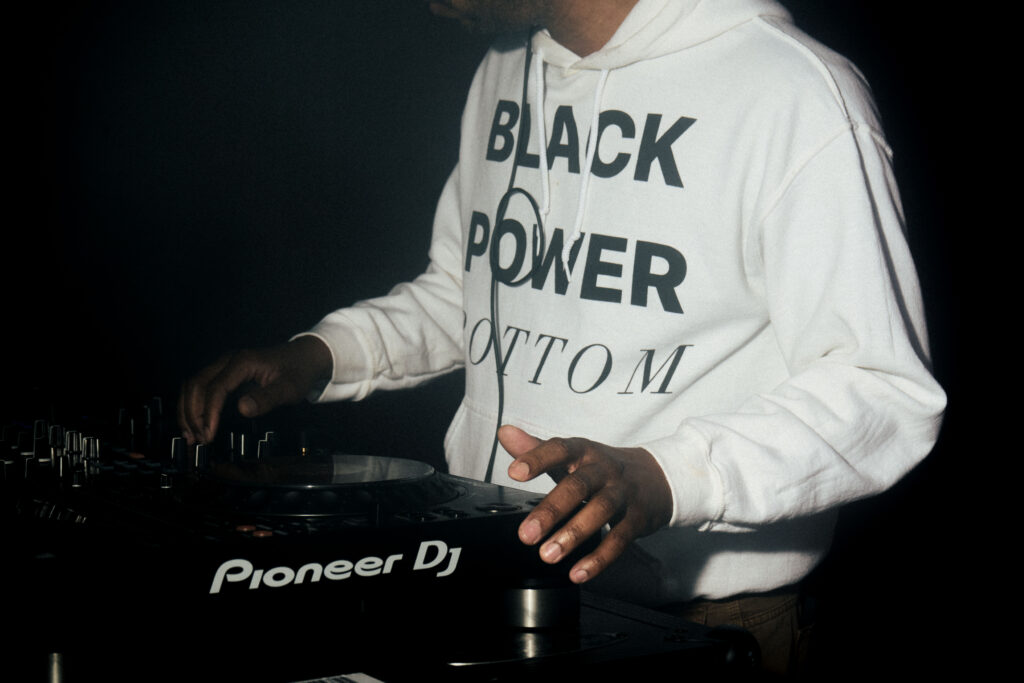
Once partygoers arrived at Nightclub 101, the thermal aura of palo santo, warming pours of generous bartenders, and molten tracks of DJ Brontez Purnell melted away any lingering unease around the film. Yet, ultimately, the after party radiated with positive energy because the attendees did. Events like this offer a rare space for artists to engage in meaningful discussions beyond the domineering eyes of the industry — to gather on their own terms and for their own joy.
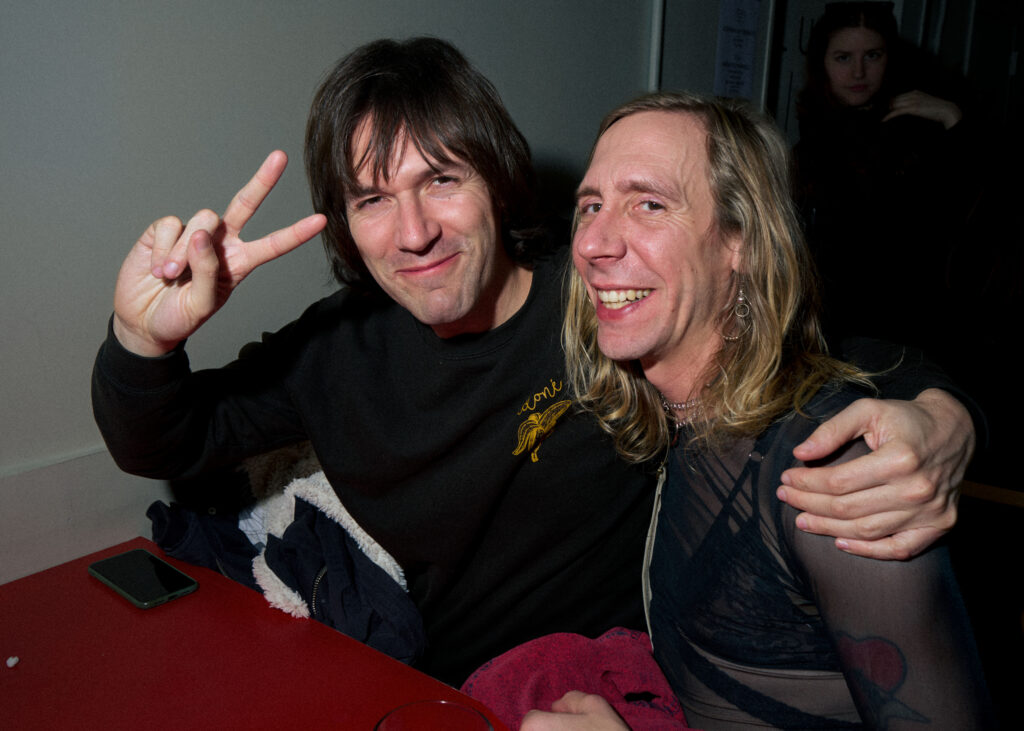
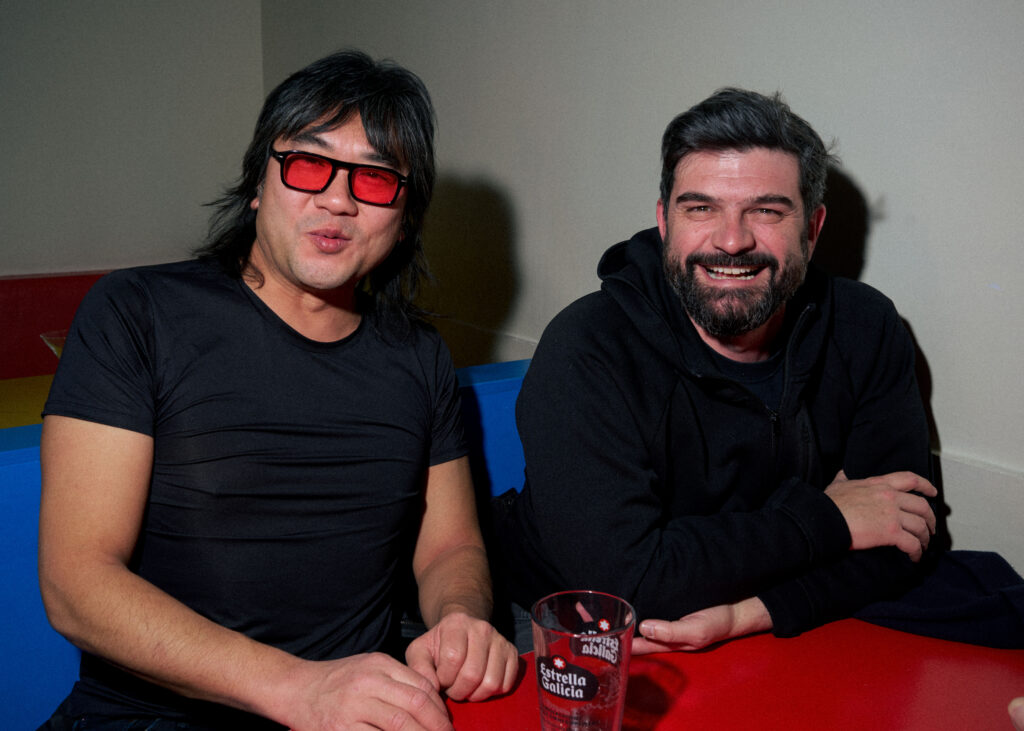
“At the end of the day, protecting your soul and spirit is what it really means to be an artist,” reflected Night Tide Films founder Jay Finkelman-Mahoney. This dedication — to staying hopeful, to moving forward even as the world unravels and the industry looms — was not just embodied in the night’s essence but also in the film’s own Edie Sedgwick. As Violette Trotter put it, “I think we can learn from the hope Edie Sedgwick brings even in dark times.”
And so, in one legendary locale, emerging voices from fashion, film, music, and the arts did just that — ditching the club for something a little brighter: a night of genuine conversation and connection.
Discover More
